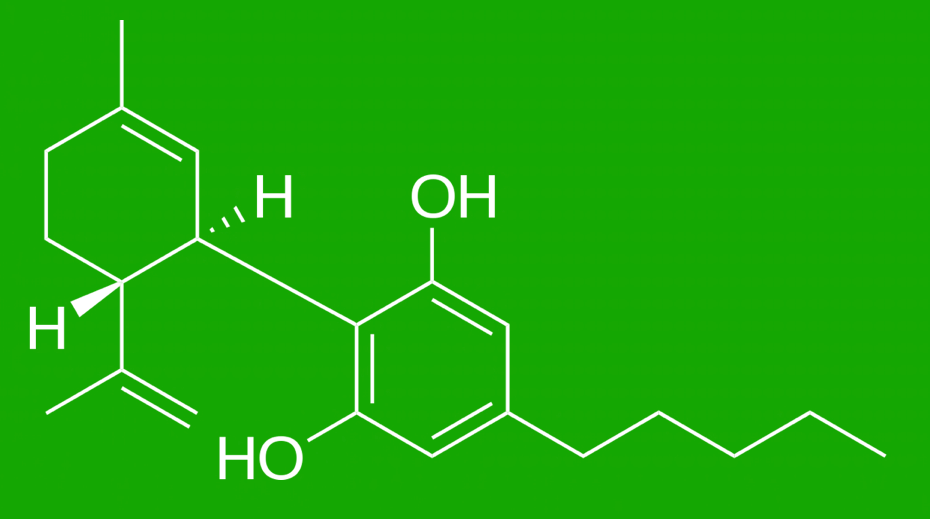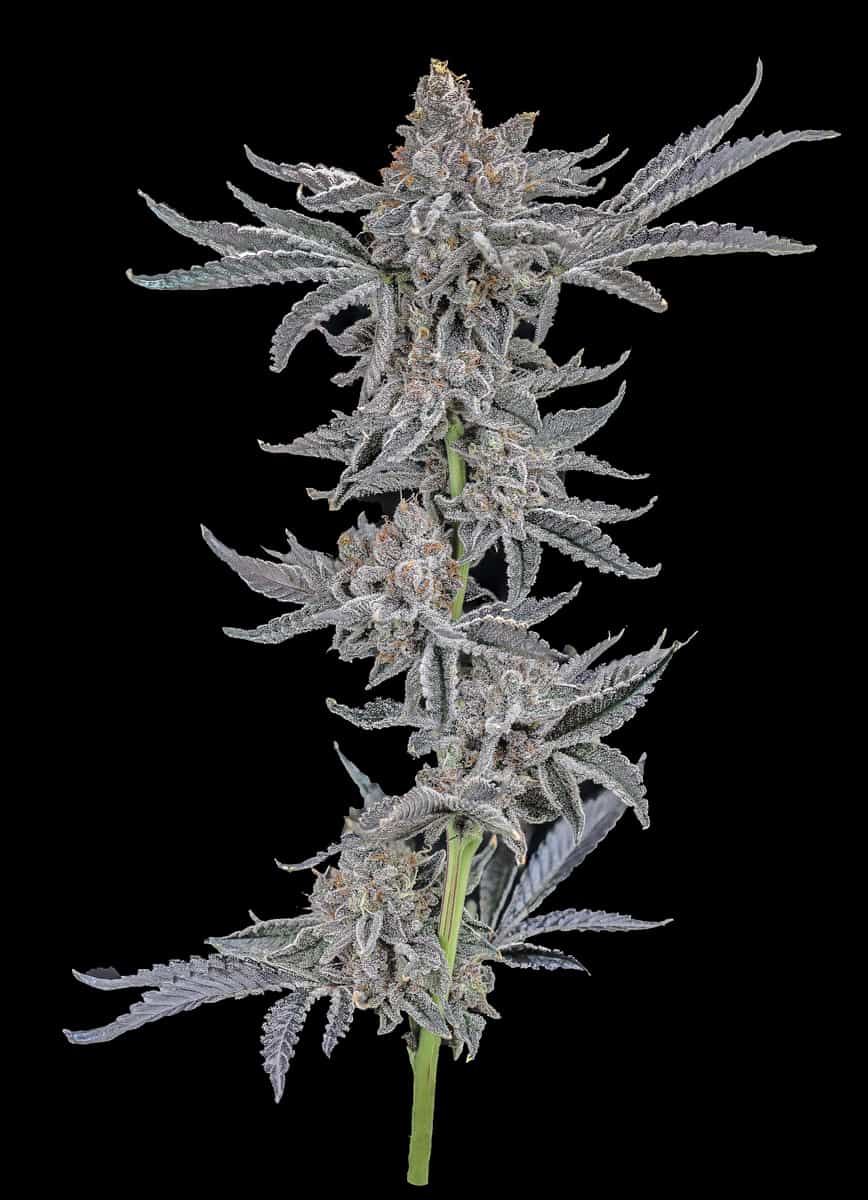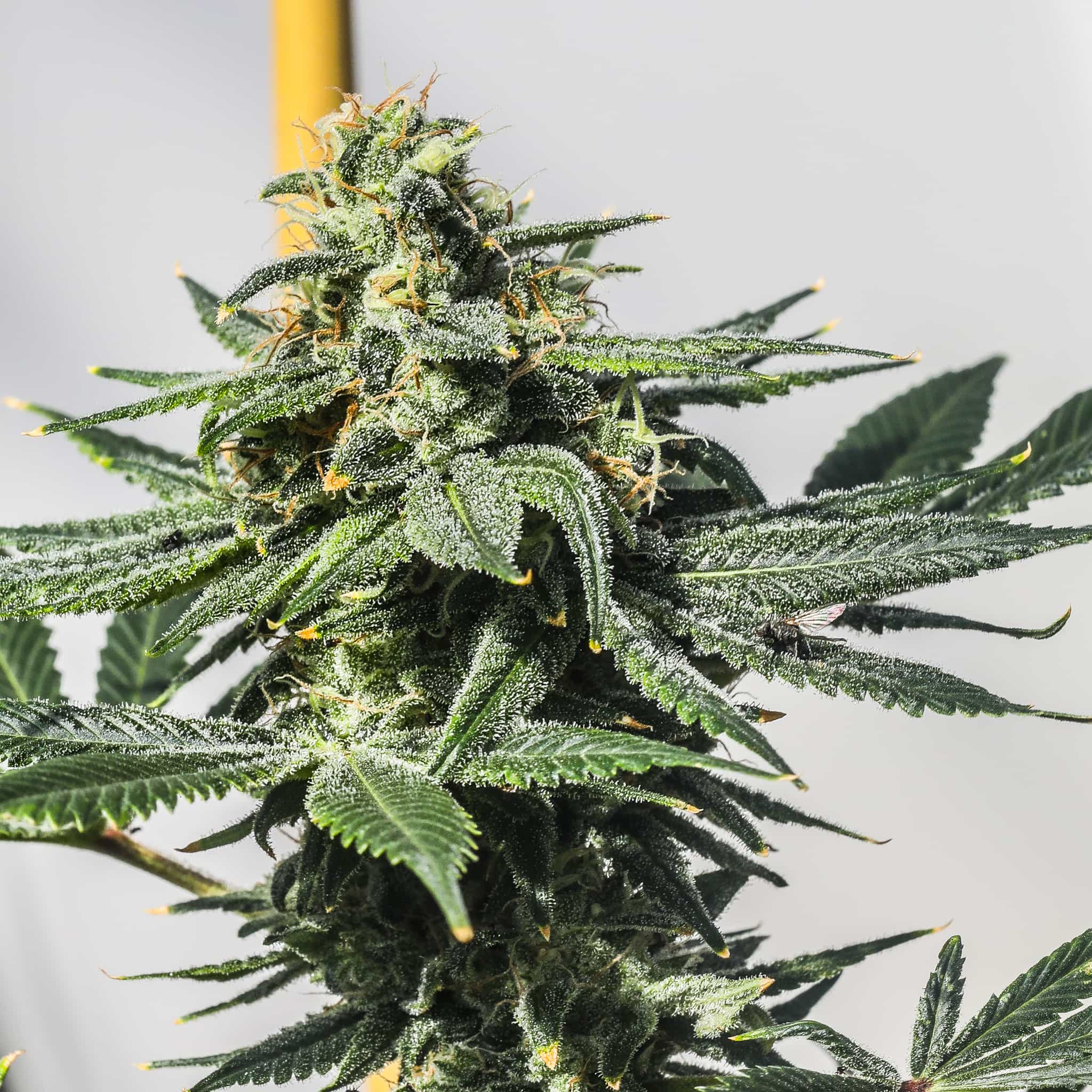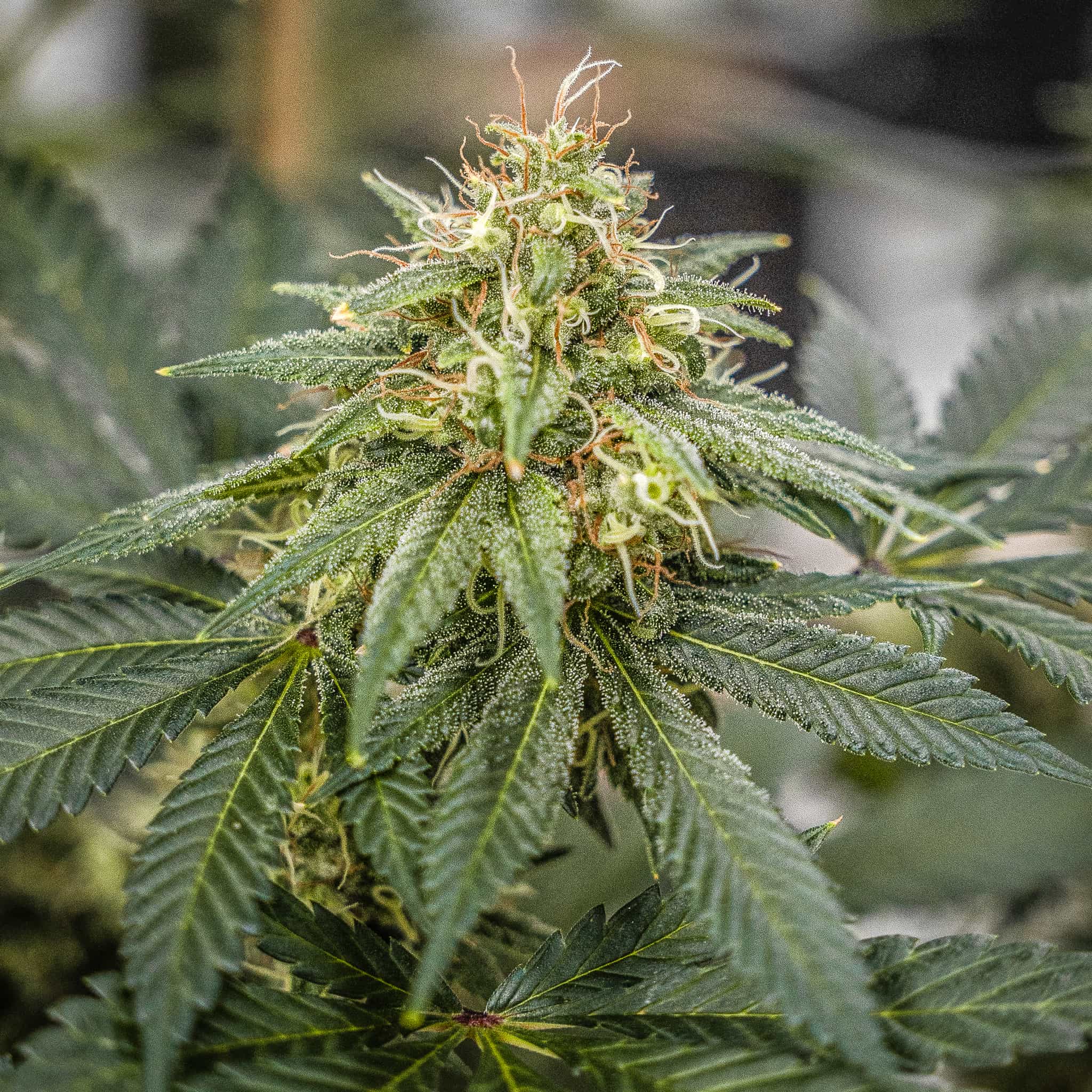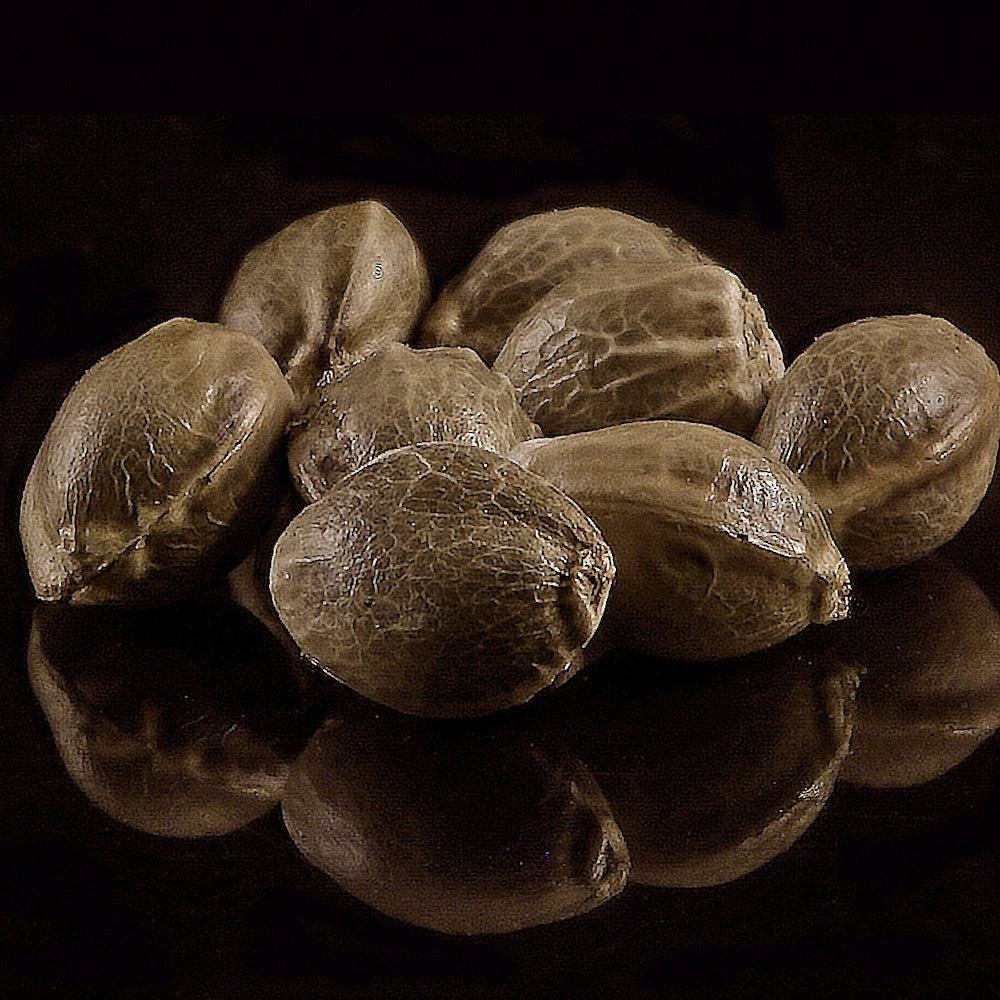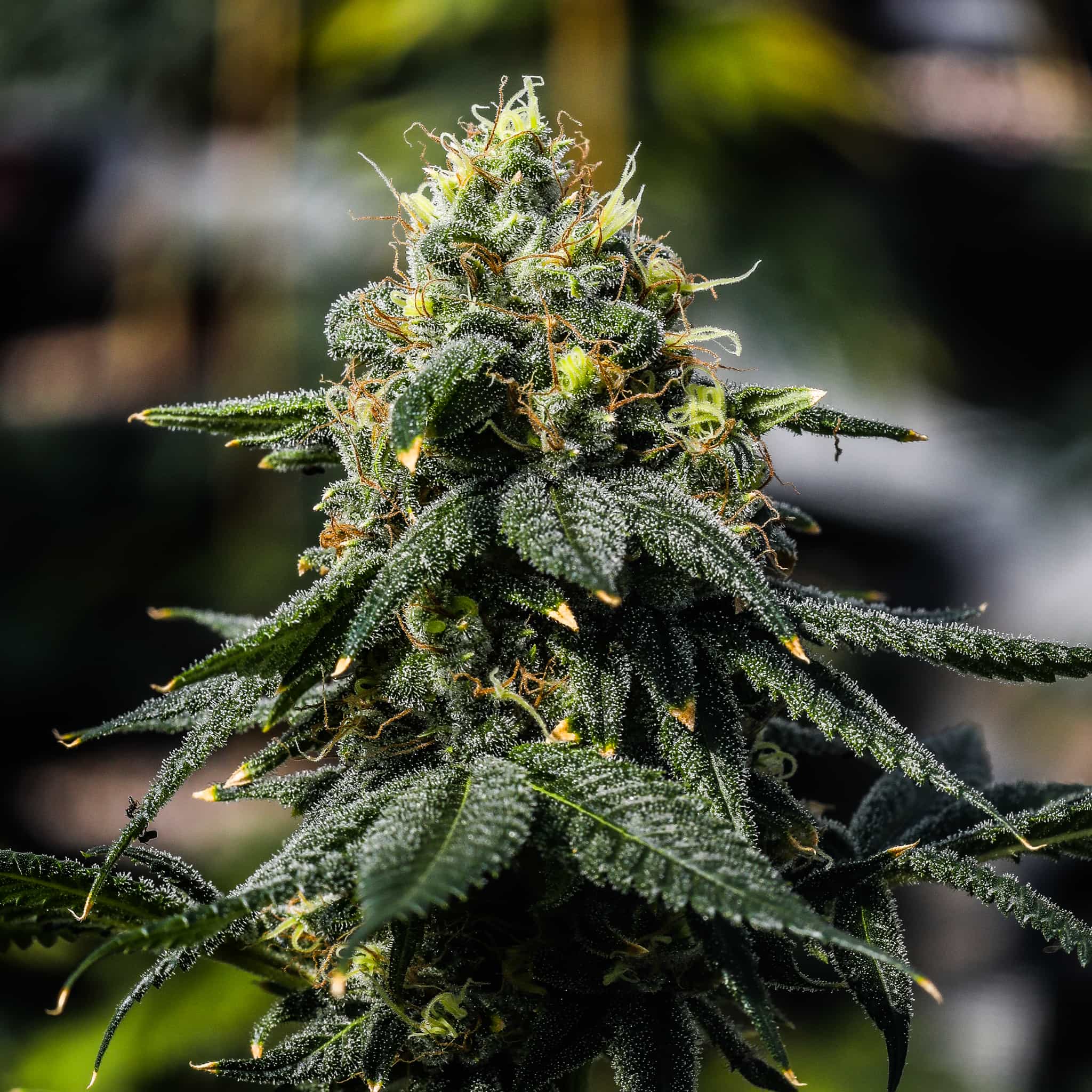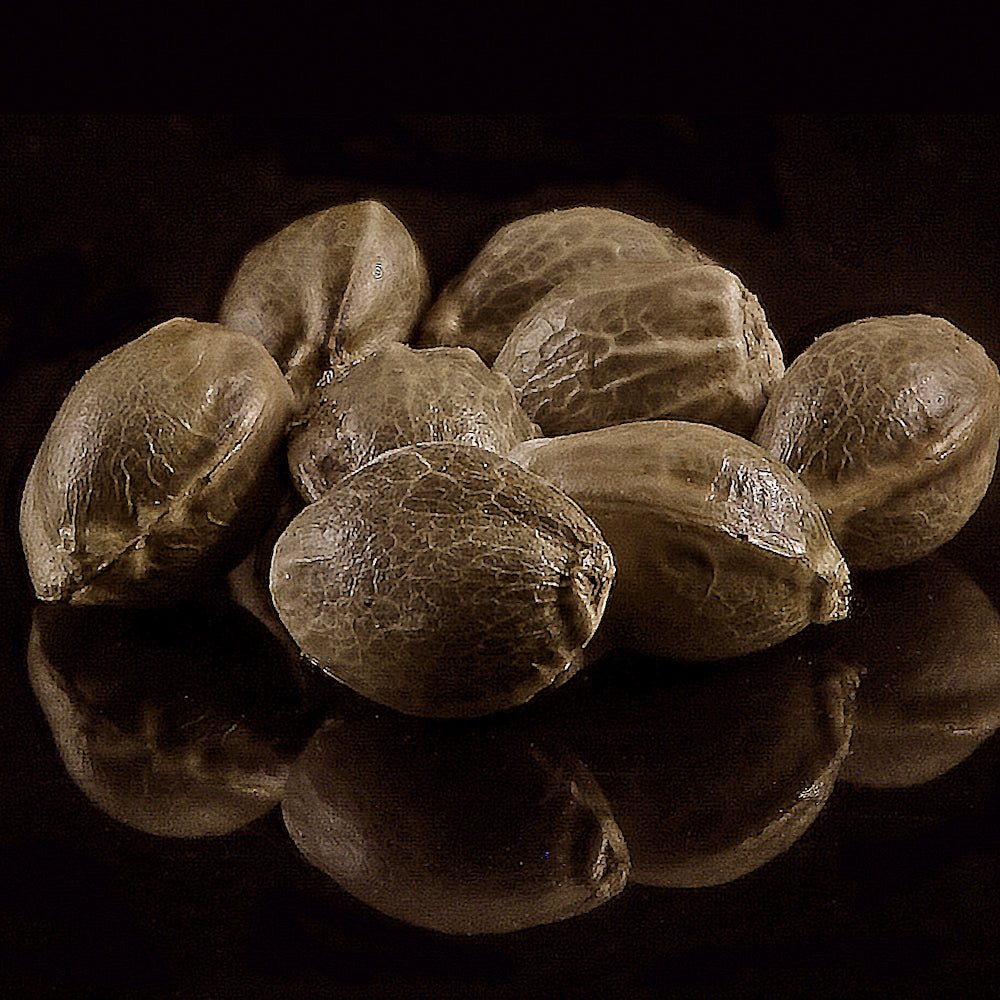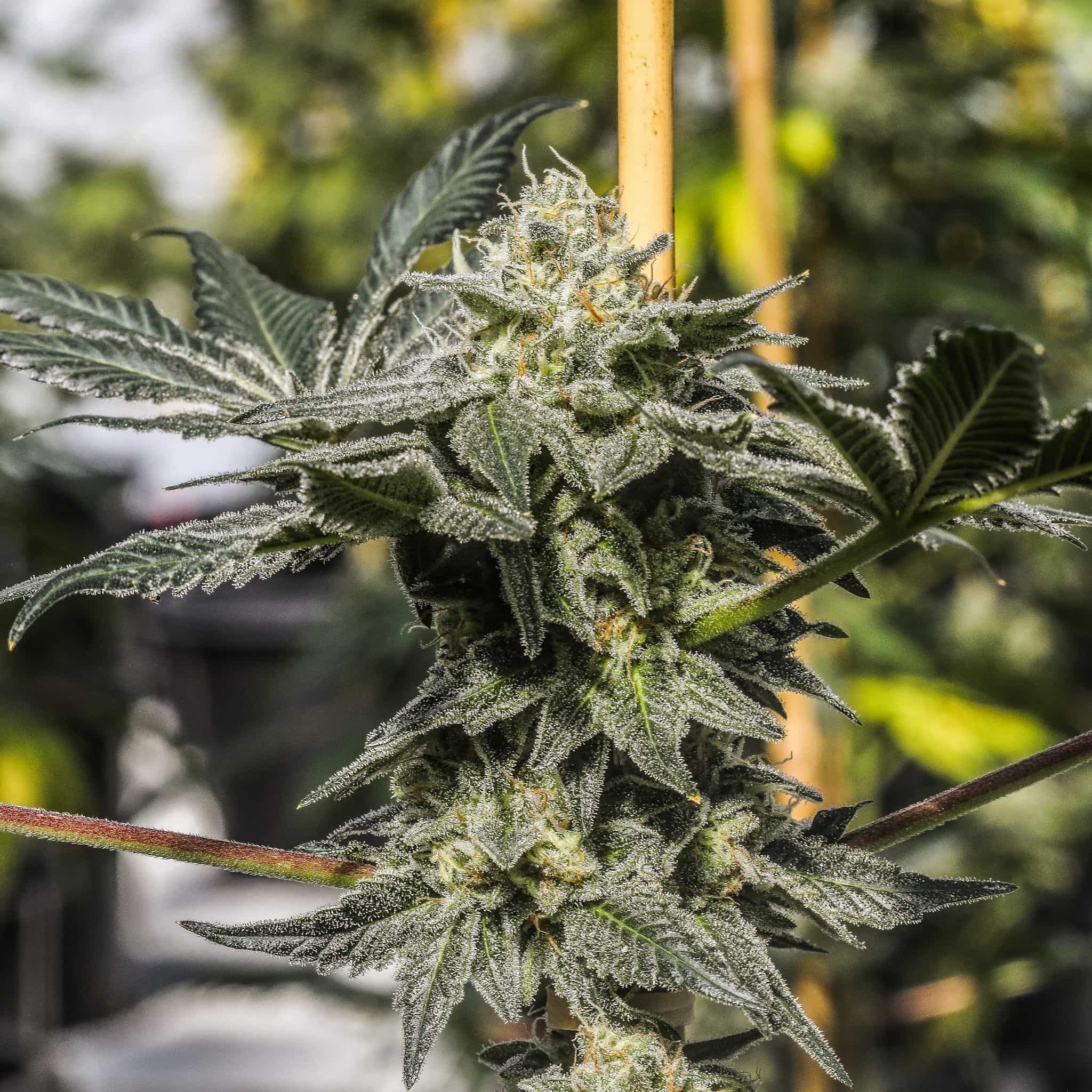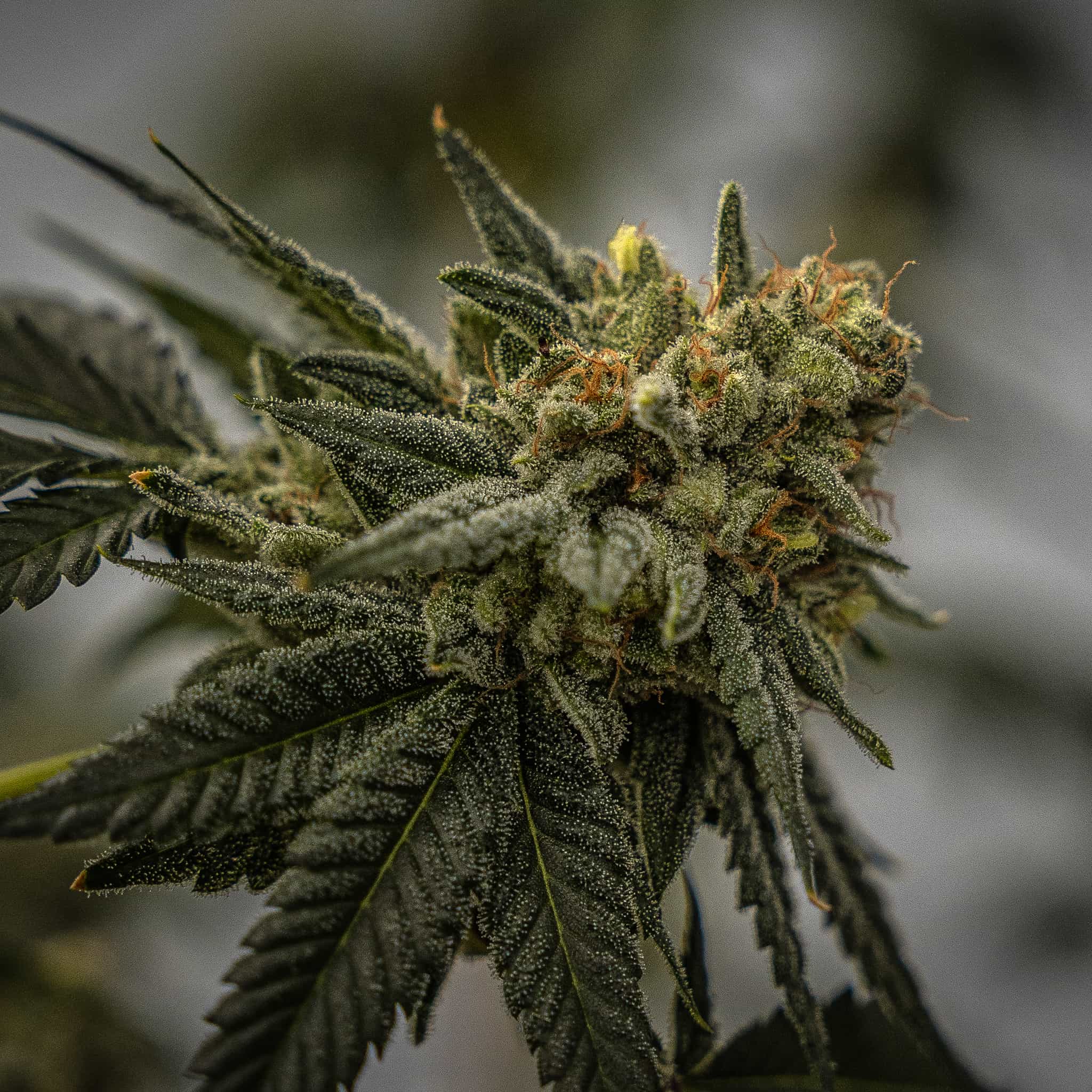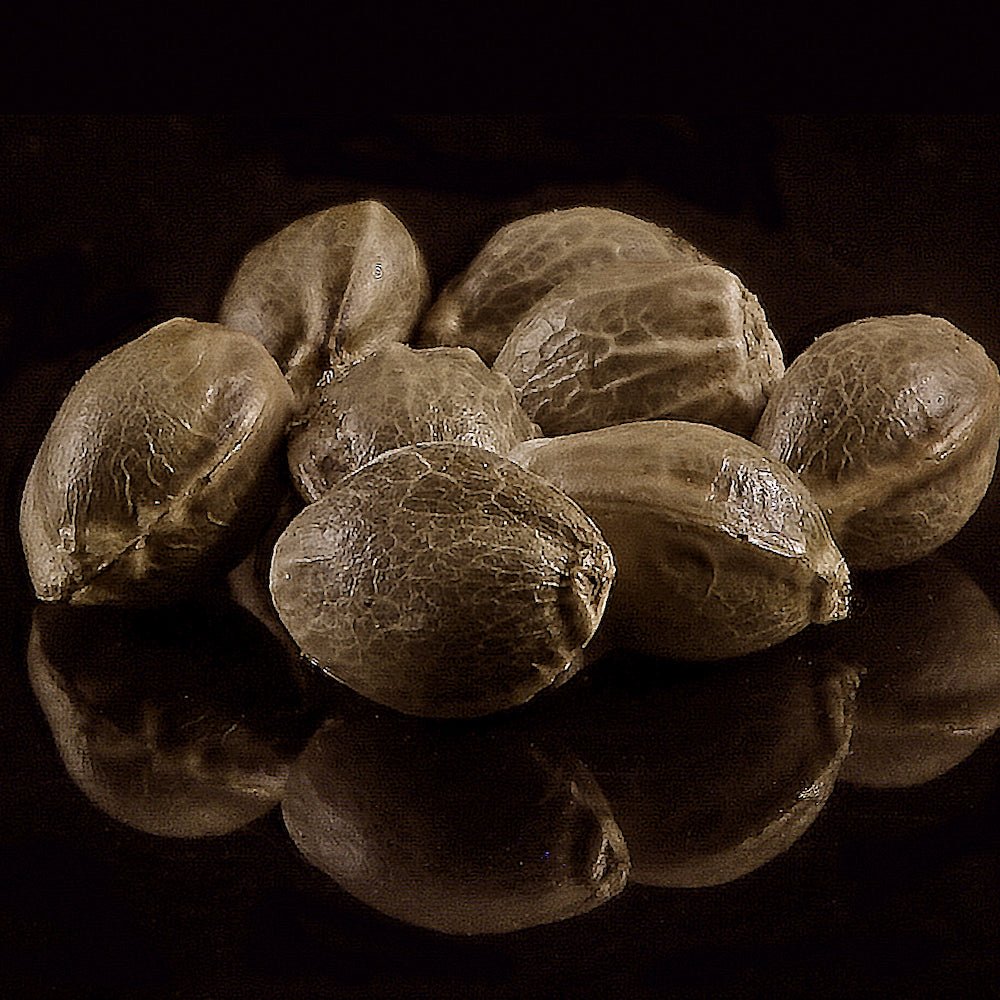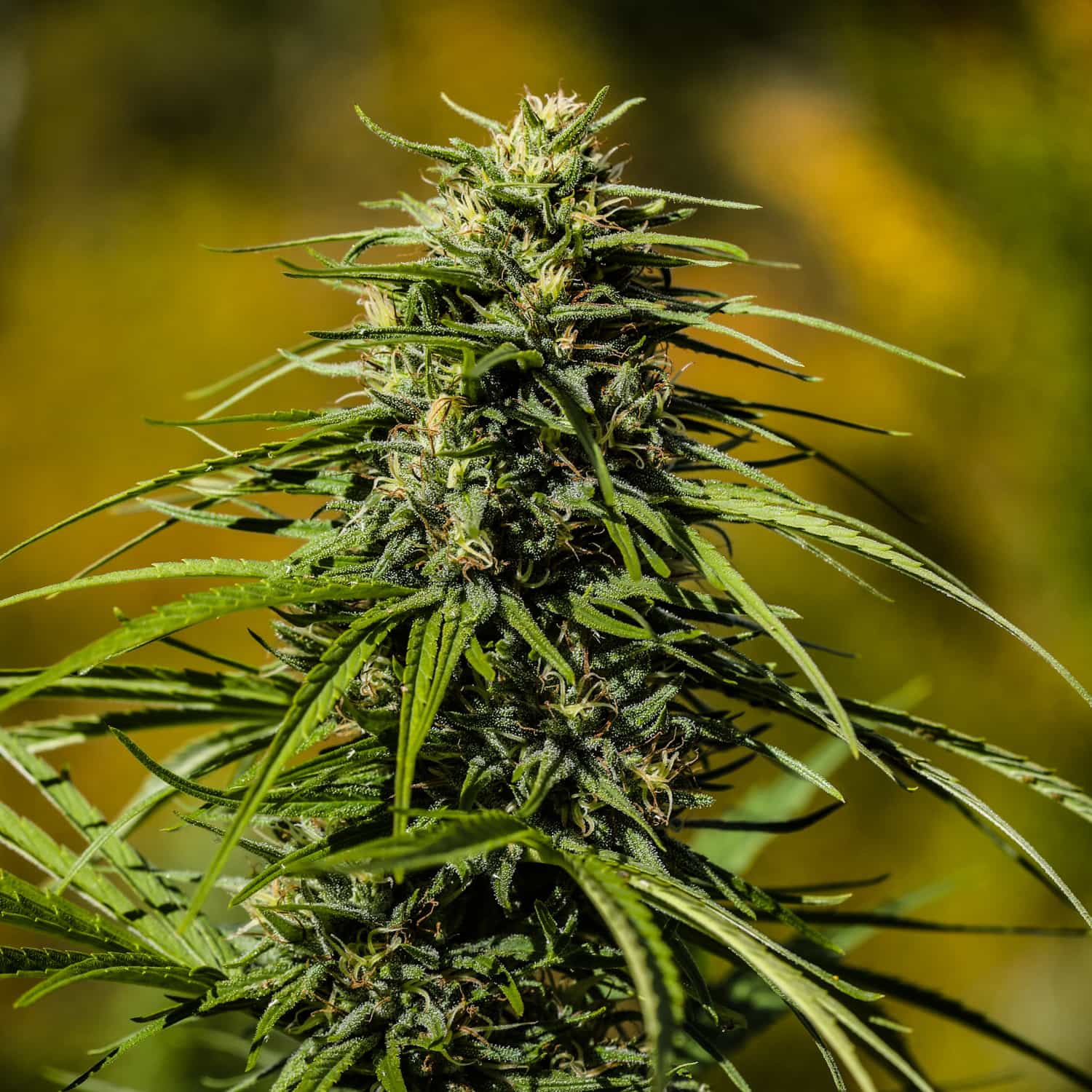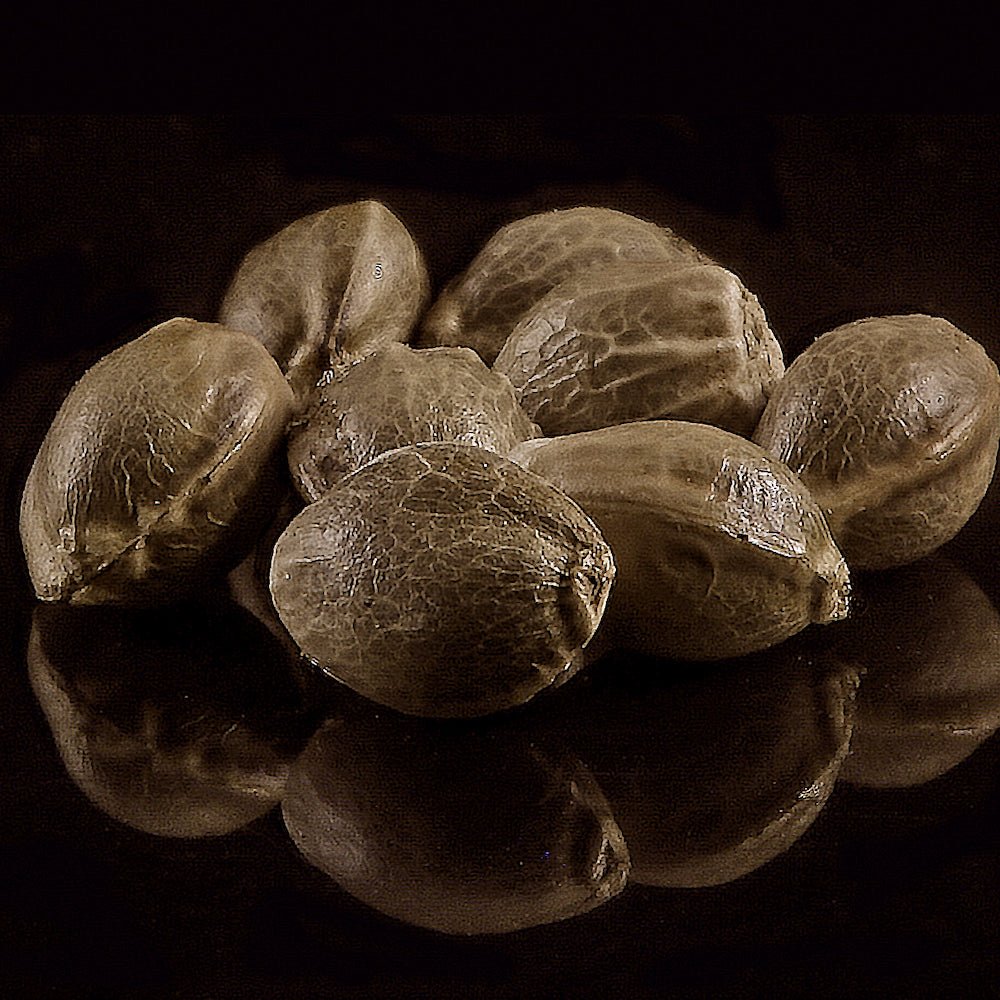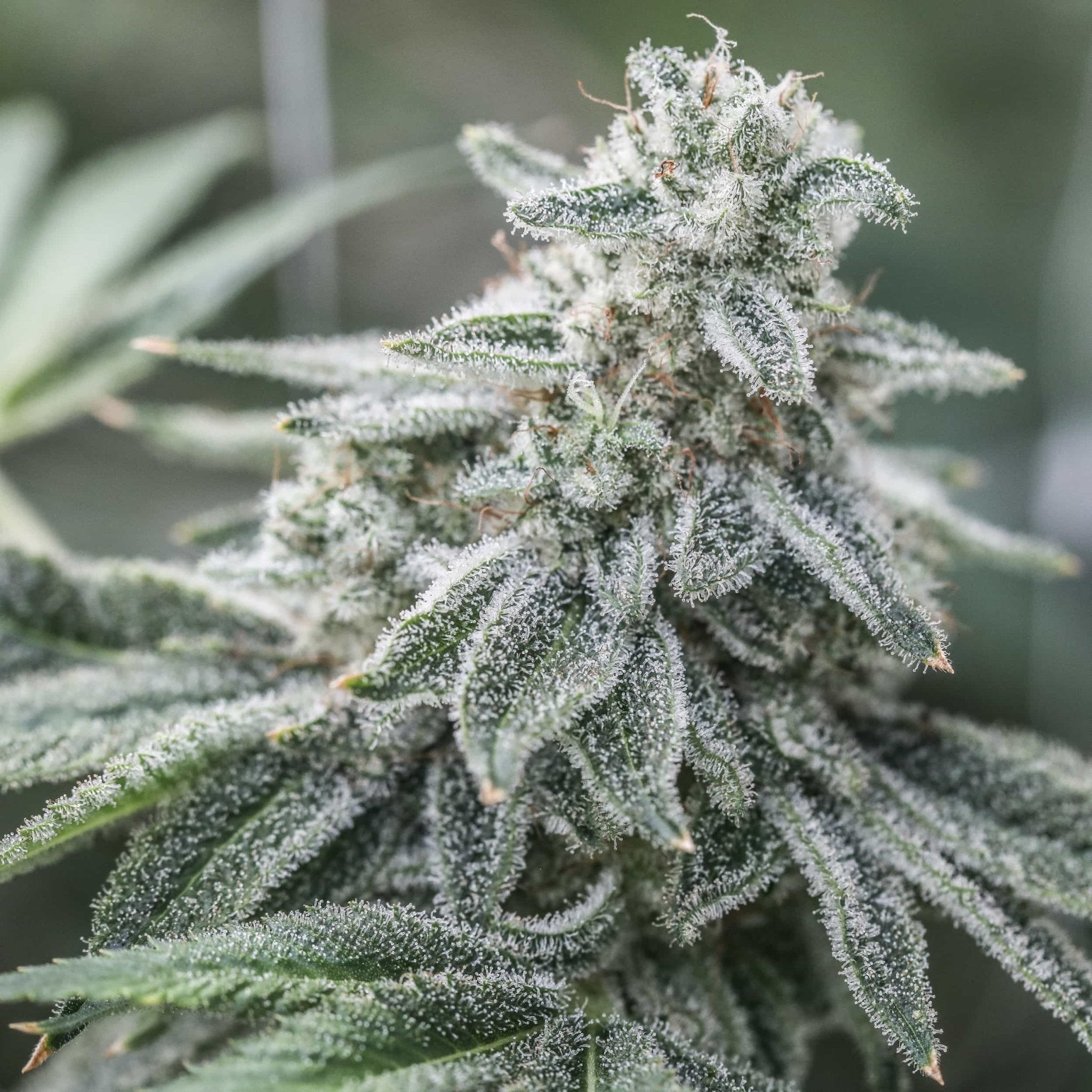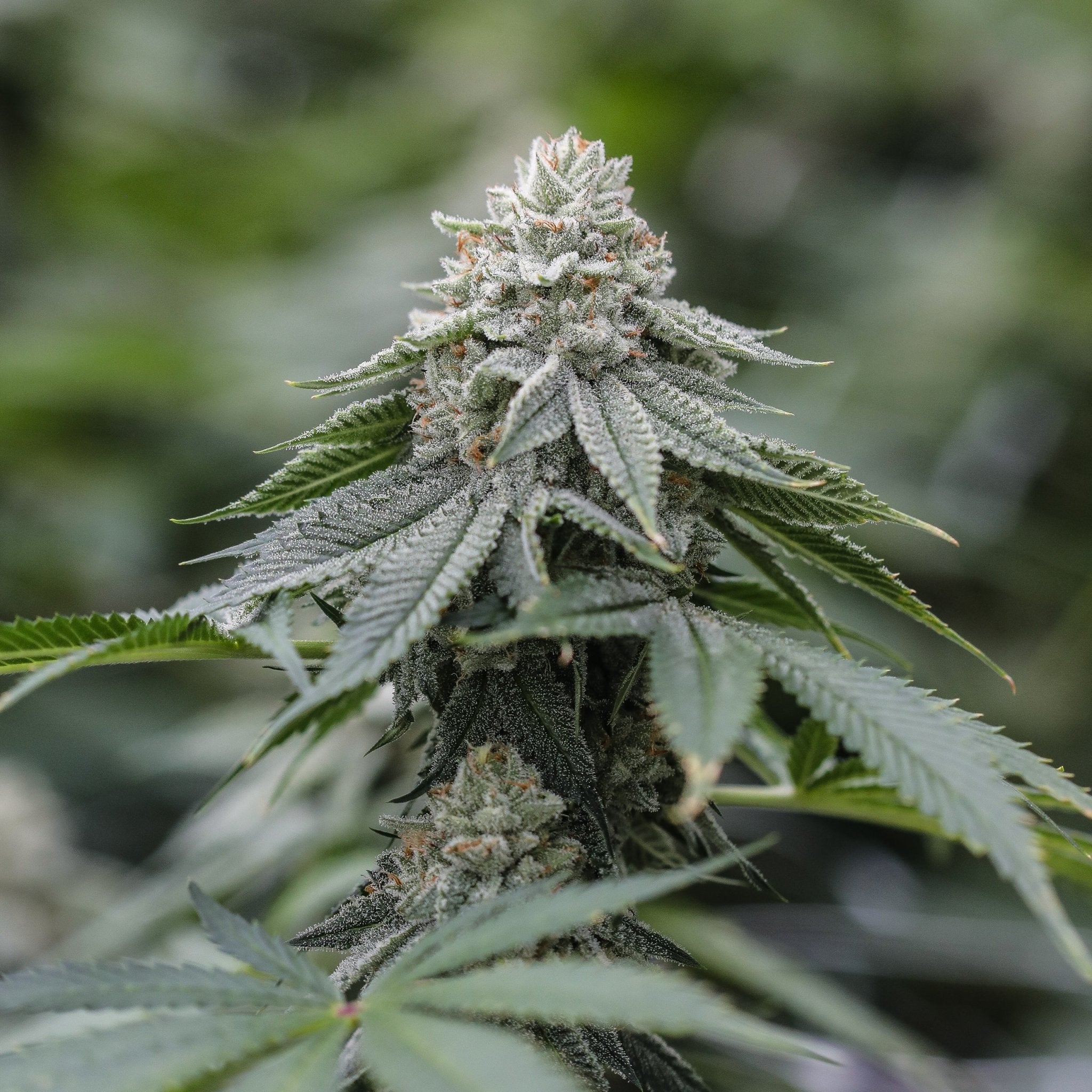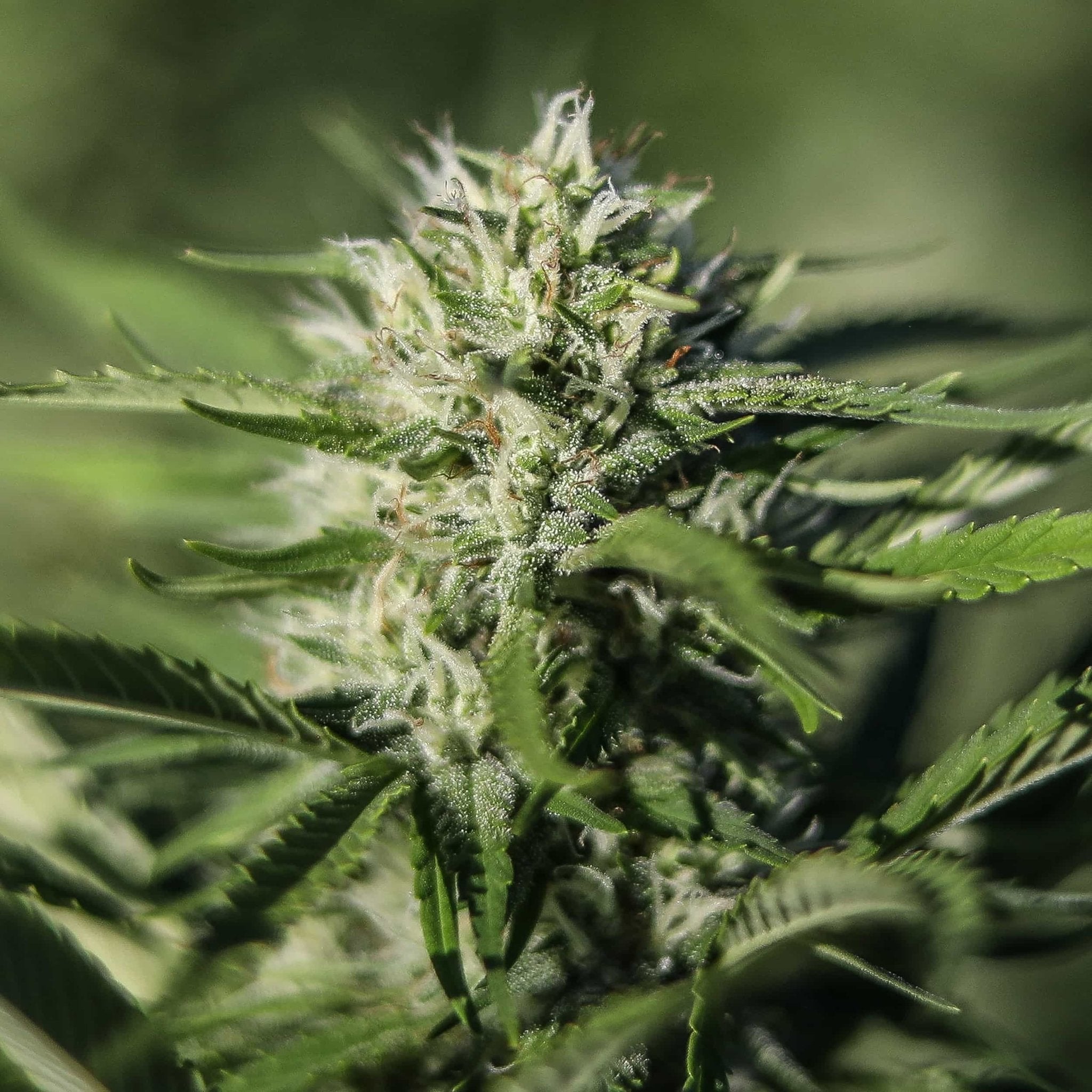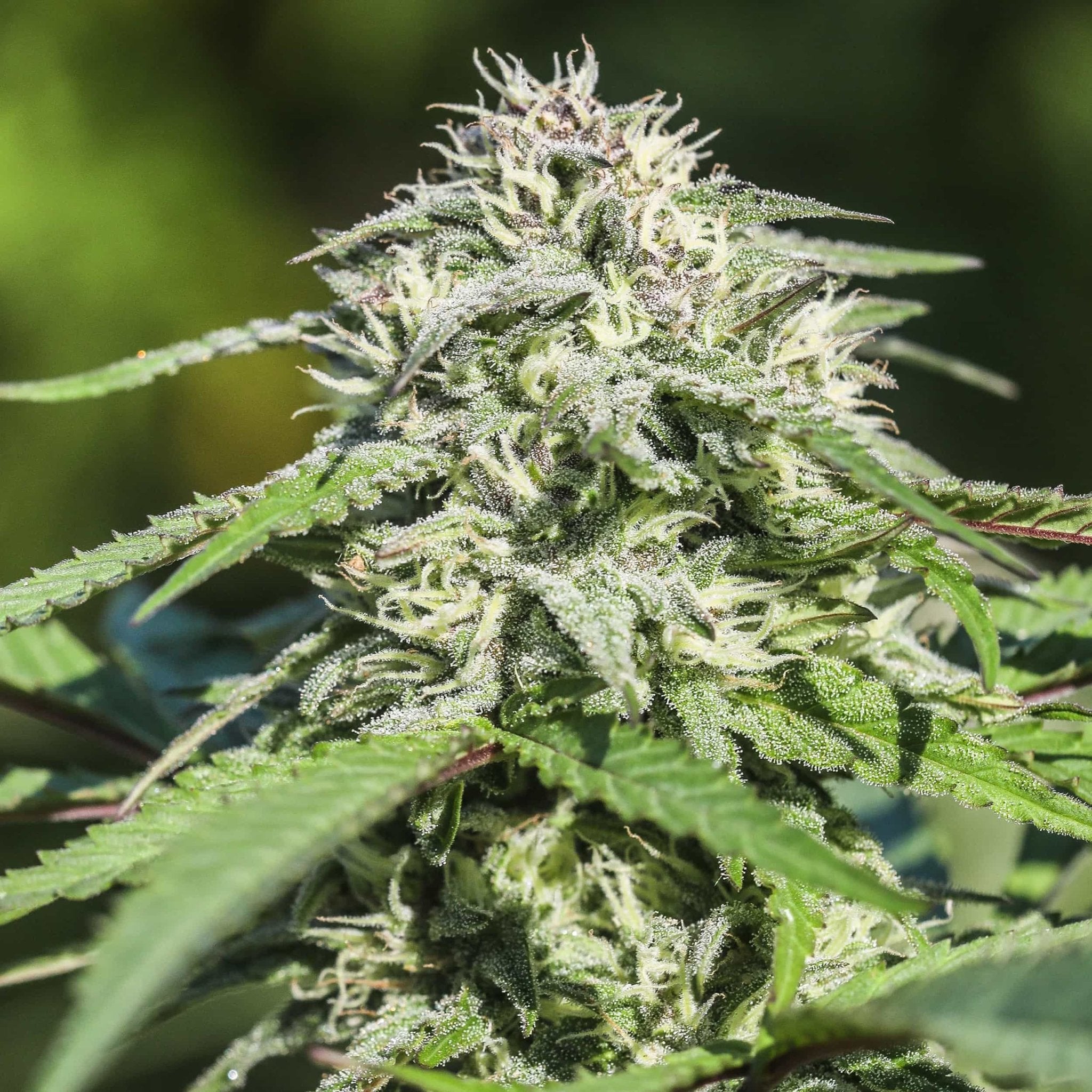By now, just about everyone has heard about it - but still happy to share more on the cannabinoid that got us started - Cannabidiol. CBD is non-psychoactive, meaning it does not produce a "high." Over the past few years, it has gained widespread popularity as a natural remedy for various health conditions, with many people turning to it for relief from anxiety, pain, inflammation, and even sleep issues.
Lets explore the potential therapeutic benefits of CBD, backed by scientific research, and discuss how it might improve overall well-being.
Anxiety and Stress Relief
One of the most popular therapeutic uses for CBD is in the management of anxiety and stress. Research suggests that CBD may help reduce feelings of anxiety by interacting with the brain's serotonin receptors, which play a key role in mood regulation.
- Scientific evidence: A 2011 study published in Neuropsychopharmacology found that CBD significantly reduced anxiety in individuals who were asked to perform public speaking tasks. Participants who were given CBD showed lower anxiety levels compared to those who took a placebo.
- Other studies: In a 2019 review published in The Permanente Journal, researchers found that CBD appeared to reduce anxiety and improve sleep in patients with anxiety disorders.
CBD may also help manage symptoms of post-traumatic stress disorder (PTSD). Some studies suggest that CBD may have a calming effect on individuals experiencing flashbacks or intense anxiety following trauma.
Pain and Inflammation Relief
CBD has been extensively studied for its potential to alleviate pain and inflammation, two of the most common complaints treated with cannabis-based products.
- Scientific evidence: A 2018 review published in Frontiers in Pharmacology found that CBD may have a positive effect on chronic pain, particularly for conditions like arthritis, multiple sclerosis, and fibromyalgia. By interacting with the body’s endocannabinoid system (ECS), CBD appears to help regulate pain and inflammation pathways.
- Arthritis relief: A study published in European Journal of Pain in 2016 showed that CBD applied topically reduced inflammation and pain in animal models with arthritis. While further human studies are needed, preliminary results suggest that CBD can offer relief from joint pain and discomfort.
CBD’s anti-inflammatory properties make it a potential option for managing conditions like inflammatory bowel disease (IBD) and Crohn's disease, though more research is needed in these areas.
Sleep Disorders
CBD may also play a role in managing sleep disorders, including insomnia, by promoting relaxation and regulating sleep cycles. Many people who struggle with sleep disorders have found that CBD helps them fall asleep faster and enjoy deeper, more restful sleep.
- Scientific evidence: A 2019 study published in The Permanente Journal found that CBD improved sleep quality in 66.7% of the participants within the first month of use. CBD’s ability to reduce anxiety may play a significant role in its sleep-enhancing effects.
- Additional benefits: CBD may also address sleep disruptions caused by chronic pain or anxiety. By helping to alleviate pain and induce relaxation, CBD can create a more conducive environment for restful sleep.
CBD may also help regulate the sleep-wake cycle (circadian rhythm) and may be beneficial for people experiencing jet lag or shift work-related sleep disturbances.
Neuroprotective Properties
CBD has been investigated for its potential neuroprotective properties, making it a topic of interest in the treatment of neurological conditions such as epilepsy, Parkinson’s disease, and Alzheimer’s disease.
- Epilepsy treatment: One of the most well-known and widely studied therapeutic uses of CBD is in the treatment of epilepsy. In 2018, the U.S. Food and Drug Administration (FDA) approved Epidiolex, a CBD-based medication, for the treatment of Dravet syndrome and Lennox-Gastaut syndrome, two rare forms of epilepsy. Clinical trials have shown that CBD can significantly reduce the frequency and severity of seizures in both children and adults.
- Parkinson’s disease: Some studies suggest that CBD’s anti-inflammatory and antioxidant properties may help protect the brain from neurodegeneration associated with Parkinson's disease. Additionally, CBD may improve motor function and quality of life for individuals with Parkinson's, although more research is needed.
- Alzheimer’s disease: Preliminary research suggests that CBD may have a role in reducing cognitive decline associated with Alzheimer’s disease. A study published in Frontiers in Pharmacology in 2014 found that CBD may reduce the build-up of beta-amyloid plaques, a hallmark of Alzheimer’s, and support neurogenesis (the growth of new brain cells).
Skin Health
CBD is increasingly being used in topical products for its potential skin health benefits. Due to its anti-inflammatory properties, CBD may help manage conditions such as acne, eczema, and psoriasis.
- Acne: Research suggests that CBD can help reduce acne outbreaks by regulating the production of sebum, the oily substance that can clog pores and contribute to acne. A 2014 study published in The Journal of Clinical Investigation found that CBD inhibited the production of sebum in human sebocytes, the cells responsible for sebum production.
- Eczema and psoriasis: Due to its anti-inflammatory and antioxidant properties, CBD may also offer relief for inflammatory skin conditions such as eczema and psoriasis. A 2019 study in Experimental Dermatology found that CBD may reduce symptoms such as redness, dryness, and irritation.
CBD-infused skincare products like creams, balms, and oils can be directly applied to the skin to target localized skin issues.
Addiction and Substance Abuse Treatment
CBD is being explored as a potential treatment for substance use disorders and addiction. Research suggests that CBD may help reduce cravings, withdrawal symptoms, and the overall impact of addiction on the brain.
- Scientific evidence: A 2015 study published in Addiction Biology found that CBD reduced the frequency of cravings and anxiety in people with heroin addiction. It also helped reduce withdrawal symptoms in people who were trying to quit smoking.
- Nicotine addiction: Research published in Addiction in 2013 indicated that CBD might be effective in reducing cravings and withdrawal symptoms in individuals who are trying to quit smoking.
While CBD is not a cure for addiction, it may be a promising tool for those seeking to overcome substance use disorders and manage the psychological aspects of addiction.
CBD Might Be Right For You!
CBD has demonstrated a wide range of potential therapeutic benefits, from managing anxiety and pain to supporting neurological health and improving skin conditions. As research continues, we think more uses for CBD are likely to emerge, offering hope for individuals seeking natural and effective alternatives to traditional treatments.
CBD is not a one-size-fits-all solution, but for many people, it provides a valuable tool for managing chronic conditions, improving quality of life, and supporting overall wellness. We've got a great selection of seeds, may as well grow your own medicine!

